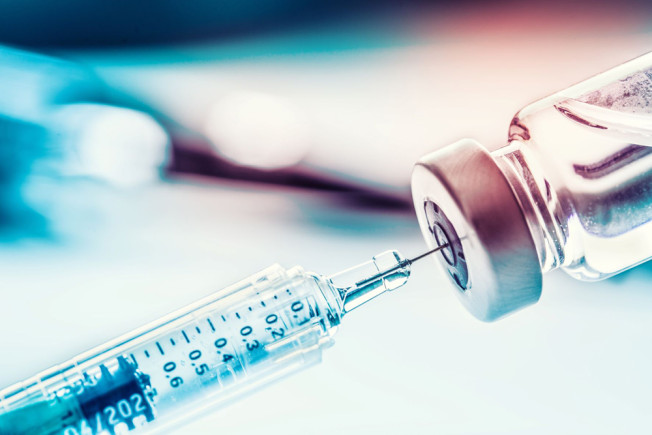Supporting 3Rs approaches in biologicals testing
At a glance
Contents

Project overview
Up to 10 million animals a year are used worldwide in the development, production and quality control of biologicals such as vaccines (e.g. diphtheria, tetanus and polio), immunoglobulins (e.g. snake antivenoms), blood products and hormones. More than two-thirds of these animals are used for routine quality control batch release tests of licensed products. These tests are expensive, can cause significant pain and distress to the animals and have a high degree of variability which may cause lengthy delays of up to a year to the release of some biologicals and vaccines.
With previous Bill & Melinda Gates Foundation funding we have reviewed the animal testing requirements in World Health Organisation (WHO) guidelines for the quality control and batch release testing of vaccines and biological therapeutics. This follow-on project funded by the Gates Foundation will support delivery of the 3Rs impacts of our recommendations, driving their implementation and accelerating the adoption of the latest non-animal testing methods by the global biologics community. Embracing the latest advances in replacement technologies will support faster access to cheaper vaccines by the communities who need them most urgently.
Find out more about our project to review animal use requirements in WHO biologics guidelines.
Project aims
We aim to drive the global adoption of non-animal testing strategies in order to optimise quality control testing of biological products by:
Supporting the WHO in implementing the recommendations from our review.
Facilitating the uptake of existing non-animal technologies for batch release testing by global biologics manufacturers and regulators.
Supporting the development of new 3Rs approaches for batch release testing where they are needed most urgently, for example in assessing potency and neurovirulence.
Building an evidence base for the removal of obsolete animal tests.
Survey: Shaping the future of pyrogenicity testing of biologics
We ran a stakeholder survey on the use of the monocyte activation test (MAT) as a replacement for the rabbit pyrogen test to better understand current practices and opportunities to increase uptake, including how the test is validated, the cell types involved and barriers to implementation. The survey closed in December 2025 – thank you to everyone who responded. Insights from the survey will inform our work to support the wider integration of 3Rs approaches in biologics quality control testing to drive wider adoption of non-animal approaches.
New WHO 3Rs guideline on non-animal tests
In direct response to the recommendations from our review of the animal testing requirements in WHO quality control and batch release guidelines, the WHO has developed new guidelines that strongly encourage manufacturers and regulators to replace or remove animal-based quality control methods whenever scientifically justified.
The new guidelines establish a clear international mandate to transition away from animal models for quality control testing and suggest specific non-animal test types and products in line with our report. They were accepted by the Expert Committee on Biological Standardization (ECBS) in October 2025 and will be formally published as a resource in the WHO Institutional Repository for Information Sharing (IRIS) and in the WHO Technical Report Series in Spring 2026.
Read our news item to find out more: New WHO guidelines on non-animal tests for quality control of biologics.
Steering committee members
|
